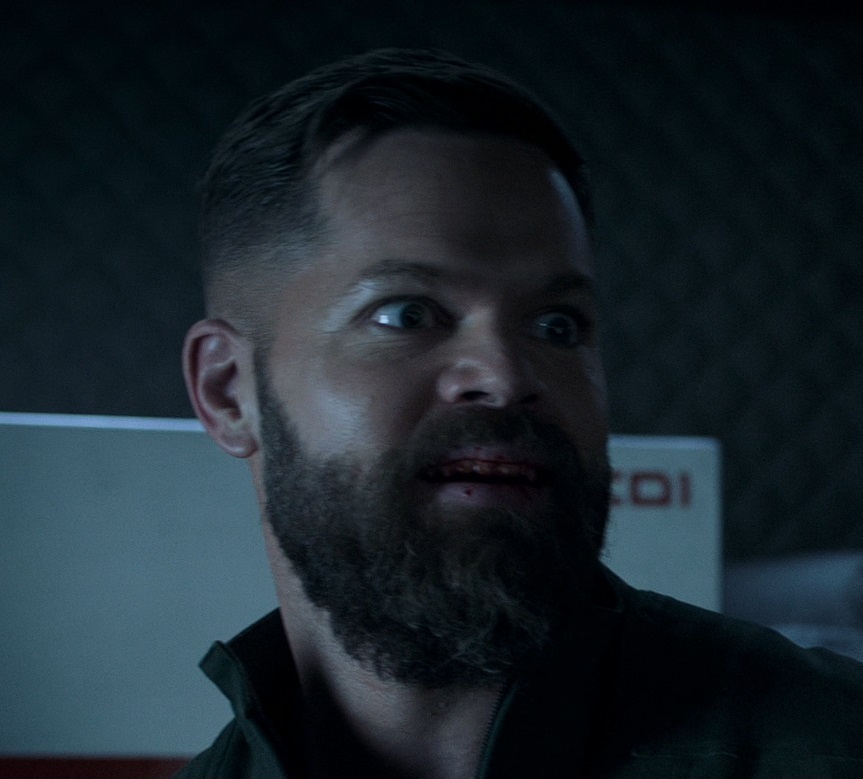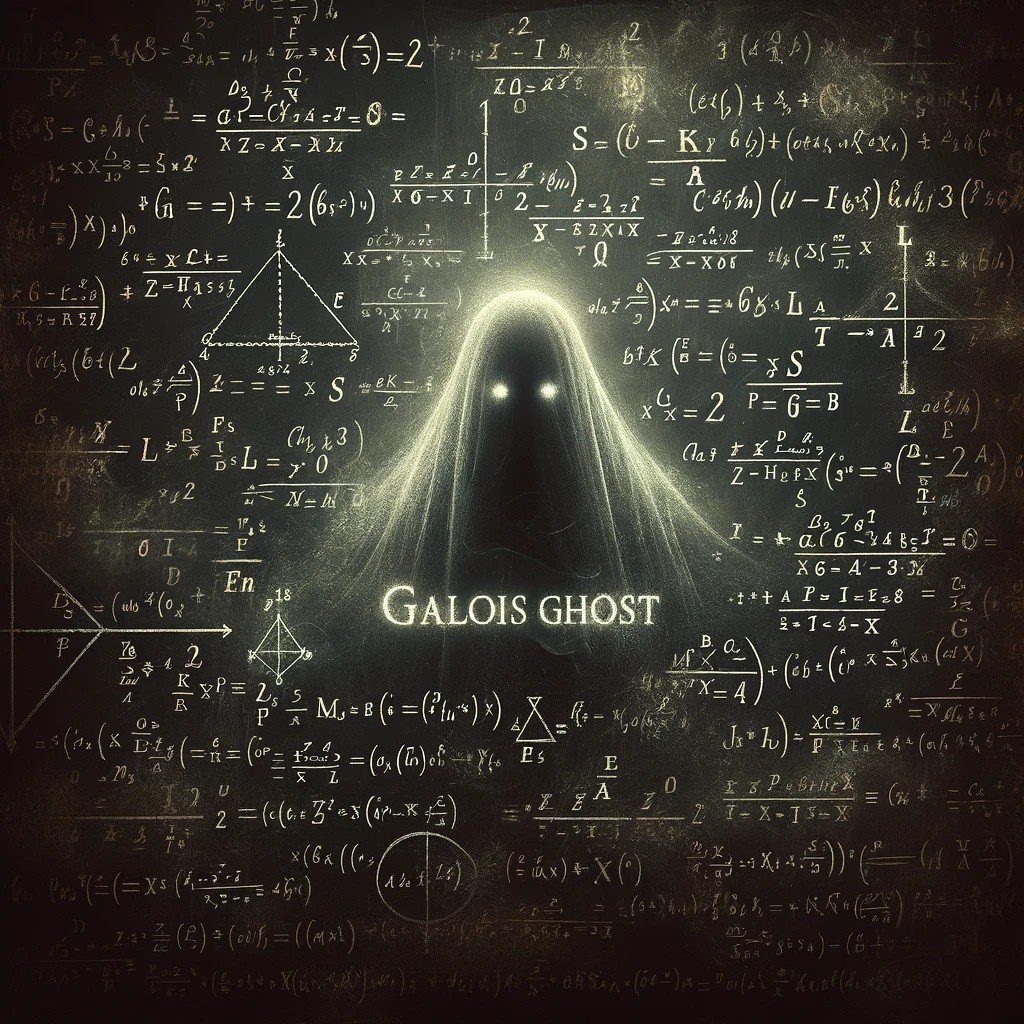Hello frens,
As a great opponent of any form of IP, I have been following the event of Disney’s Steamboat Willie entering the public domain with great amusement. The incidents where creators have been falsely demonetized on youtube for rightfully using this film is further underpinned by Disney’s decades-long shameless practices. The linked article sums it up quite well I think.
Title of this post is a bit misleading. You’re suggesting the article spells out how Disney’s, and other companies’, rabid protection of its IP is a Bad Thing, when it’s really more of a history and primer on what’s changed with Steamboat Willie entering PD.
Thanks to the so-called “Mickey Mouse Protection Act” of 1998, Disney, along with other entertainment companies, permanently damaged the collective creative landscape by walling off the public domain.
The great irony, of course, is that Disney built its library of animated classics by adapting European fairy tales that exist in the public domain. Despite Disney benefiting from the free use of old stories, the studio has never hesitated to take legal action to protect its most iconic character, several decades after Walt Disney created him.
Over the decades, Disney’s brutal copyright take-downs have become the stuff of legend. The litigious studio famously forced daycare centers to remove murals featuring Mickey and Minnie; for Disney, copyright law even applies to a child’s tombstone.
[…] the mouse is symbolic of a decades-long battle over the public domain, which the public lost. Today, the battleground has shifted, as powerful corporations no longer view tight copyright protection as beneficial, thanks to the requirements of generative AI.
Thx
It’s still a valid sentiment. IP law as it is today protects established propert at the cost of both innovation and a robust public domain, which were both mission parameters of copyright as established in the Constitution of the United States. (Other nations may be more deliberately feudal with their foundational IP laws, but I don’t know.)
The public would be better served to abolish intellectual property entirely than retain the system we have, but our regulatory agencies are long captured to preserve the property rights of the wealthy, even when it harms or kills the public.
Exactly. In the end it should and will always be the consumers choice to either go with a cheap knock-of product or pay a bit extra to support the original creator. People who illegally buy cheap copies will continue to do so in the future but those who really want to see progress will spare some money to push their favourite projects.
No, IP should absolutely have some protections. Invent a hot new thing and giant-corp immediately out markets and produces you into oblivion. With zero protections innovation would be completely stamped out. Totally gone, not just harmed. No more new things because it would be immediately stolen so why bother.
That said, current IP laws are absolute BS and need to be cut back tenfold. None of this century of protection BS. For the lifetime of the creator, non-transferable. You can sell rights to use it but you cannot relinquish your ownership and creator status. Those are my hills but I’m not willing to die on them either.
Thirty years from publication.
No exceptions.
Copyright is only an incentive to create new works for the public. For us. Once you’ve sold it, it’s ours. That’s what the money is for. If thirty years isn’t enough then it’s just not gonna happen.
People have a right to culture. Anything you grew up with is yours to build on.
Thirty years from publication.
The original was 14 years renewable for another 14. I like that better. It means that abandonware goes into the public domain faster, but it’s easy to renew a copyright if it’s still being used.
No exceptions.
I disagree. Exceptions for sports and software: shorter. Sports is most relevant when it’s live, and copyright-holders for sports content are much more vicious when it comes to taking down tiny clips of goals or something. So, make a special category that gives them extra protection when it comes to tiny clips in exchange for much shorter copyright terms. For software, it’s essential to be able to maintain old equipment, especially old industrial equipment. That soft of software could be used in power plants, medical equipment, water purification plants, etc. Companies are notoriously bad at keeping that stuff safe especially decades later. Instead, make it public domain faster.
Copyright should be irrelevant immediately, for most of that.
Someone modifying software you sold them is not a pirate. Licenses mean nothing.
Someone sharing a game you stopped selling is a pirate, but if you don’t want money, who cares?
Someone sharing clips of old sports games is not competing with your live broadcast business.
Intellectual property laws don’t need to be brief, to be sane. Most things that rights-cartels freak out over are downright stupid. We can give them what they need without tolerating their every paranoid want. These laws only exist to benefit us.
Simplicity is useful here. I’m willing to spot people a nice round number for ample opportunity to sell their thing. Especially if it means the date on the cover is a guarantee.
Fuck Disney, we should put a sledgehammer through Walt’s frozen brain
Just a little felony B&E+Assault. NBD.
You can get assault and battery charges on a corpse? Why wouldn’t they just go after murder 1 in that case?
I’d call it a property crime, but my brain hasn’t been fully cooked quite yet.
You think you are getting to Walt’s head without a fight and violence?
Raised a good question with this comment, is it assault?
No, it would be desecration of a corpse. That might change when we have the potential to revive corpsicles, but the law as it stands doesn’t consider destroying dead bodies as murder.
Nah buddy thinks Walt is alive but very, very cold
Hello frens
No.
Red flags flying
You can just move on, no need to let us know thanks
I guess you can’t? I could say the same thing to you.
I guess he wasn’t talking to you then.
Yes?
deleted by creator
Alternatively, not everyone is mired in the same shitty communities you’ve got beef with and maybe people can use cutesy language for no reason other than they enjoy it? Gatekeepy bullshit isn’t in the fediverse spirit
Thank you :)
deleted by creator
No, really. Thanks.
https://walledculture.org/wp-content/uploads/2022/09/Walled-Culture-the-Book.epub
Free book about copyright and IP stealing our culture with great citations and examples.
+1
What article? Is it not showing cause I’m on Mobile or something?
Sry, edited (I forgot that choosing an image will replace the URL aswell)
The edit isn’t showing up on kbin. Mind replying with the URL?
Thanks!
I have zero respect for any IP laws, the one thing I agree with China on. They only serve to inhibit innovation and make the rich richer.
deleted by creator
It discourages innovation more when the vast majority of modern cultural works, or mechanical inventions are completely off limits to all but a small ownership class. It means no one is generally free to iterate on modern ideas without risking legal liability. Ultimately, pretty much nothing in this world is original, everything is an iteration on existing works. When anything approaching a modern work is restricted, there’s far less to iterate on.
And obviously, every entity, company or person, sould be capped at owning things (including other companies) at $ 999 mil.
Not sure if this is sarcasm or not, but genuinely I would be ok with this.
Why would it be sarcasm?
In the new world there will be no copyrice
1/10 with copyrice
Why can’t I copy my rice?
Evolutions are copyrighted? Wat? So if they give Mickey a red nose, that’s copyrighted just because they changed the color? That makes no sense at all.
That… actually makes a lot of sense? And is what we should want?
Copyrighting The Monkey King in the 16th century (just roll with it, this is going somewhere) made sense. Over time, that copyright would expire.
Fast forward to the 1980s where Akira Toriyama and Shonen Jump basically retold the story but with a lot more robots, werewolves, kaiju fights, and noseless bald cops. Goku is based on The Monkey King but is not The Monkey King and has gone on a much stupider trajectory to become an alien who is too dumb to live and regularly threatens all of existence with his idiocy. And has canonically fucked two babies into his wife without ever kissing her. That is a new character.
As for “change the color of the nose”: (Disclaimer: I am an anime bitch so I am sure this color was already used for Goku as opposed to just Broly but whatever). If you make Goku’s hair Green because he went Super Saiyan Fury Happy Dance Now With The Divine Gods, that is not a new character and the rights-holders for Dragon Ball would rightfully send you a C&D. Whereas, if you make an identical clone of Goku but is evil then you have Turles (or Black Goku (or, honestly, Bardok)) and it can be argued as a new character. Whether a third party could get away with that starts to get incredibly messy and dangerous.
wtf did I just read XD
There are a lot of weird anime fans I’ve encountered who seem to think that everyone is as familiar with anime as they are. I don’t get it. I’m a massive Trekkie, but I wouldn’t expect strangers that aren’t on a Star Trek forum or something to understand what I’m talking about when I discuss Rick Berman’s role in preventing queer characters from being a major presence on Star Trek shows until the kiss between Jadzia and another Trill host in the late 1990s being a microcosm of the television landscape of the 1980s and 1990s as a whole including the acceptability of queer women (such as Ellen) on TV vs. queer men… Because they have no idea what the fuck I’m talking about or who Rick Berman is or what a Jadzia could possibly be even if I could expand upon that and write a nice tight little essay.
Rick Berman is a petaQ.
cool story bro
The reality is, though, that everything is an evolution of something else. “House, MD” is an evolution of Sherlock Holmes. Superman is an evolution of Hercules. If you couldn’t copyright evolutions, you wouldn’t be able to copyright anything at all.
In fact, creative commons licenses (like you shared) already address evolutions in the form of derivative works, which you can reserve in CC with the “ND” license type.
The reality is, though, that everything is an evolution of something else.
As a kopimist, there is no problem with that statement. However, I do live in the real world where nigh everything is nuanced. I could understand a copyright on an evolution of Mickey Mouse that were recognizable as being inspired by Mickey Mouse, but different enough to be its own entity. Simply adding color should not be considered a copyrightable evolution IMO.
That’s a question that I don’t know is answerable, because it comes down to the judgement of the courts; and I certainly wouldn’t want to be on the business end of the Disney legal division in that fight.
It’s tricky. Sometimes changing things truly is a creative act. A big portion of Disney’s portfolio is from retelling European fairy tales: Sleeping Beauty, The Little Mermaid, Little Red Riding Hood, Hansel and Gretel, etc. It would be hard to argue that they added nothing of value when they remade those fairy tales. In many cases, people wouldn’t recognize the original stories because Disney changed so much.
OTOH, it seems like bullshit when tiny elements are changed. For example, the Conan-Doyle estate has sued because although Sherlock Holmes was in the public domain, they said that was only the stories where he was aloof and analytic. They said that in stories published in the 1920s he was more capable of empathy, so any depiction of Holmes where he was empathetic infringed on their copyright.
If I were on a jury deciding this sort of thing, I’d require that there be something brand new. For example, Beauty and The Beast is public domain, and as long as someone is making an animated movie based on that story the default assumption should be that they’re inventing new aspects based on the public domain story, not based on the Disney movie. OTOH if they have an animated candle / candelabra, it’s reasonable to assume that infringes on the new character created by Disney.
If I were on a jury deciding this sort of thing, I’d require that there be something brand new.
Same. These things should be decided on a case by case basis. I doubt there exists an algorithm or LLM that could answer such questions.
Of all the new uses of Mickey we’re now seeing, one thing I really hope is to see Mickey showing up on murals in kindergartens and daycares. This is really what it means for the character to be entering the public domain. He’s has been a part of American, if not world culture for decades, but that part of the culture has been illegal for people to use.
Finally, after nearly a century of Disney getting absolute control, that cultural element finally belongs to everyone. Now parents and caregivers can paint images of Mickey and make kids happy without having to get permission from Disney.
Just a public announcement, you don’t have to believe in IP.
But I still suffer from it :(
“given human skin tone”
Wait why is an IP or copyright bad? If I, a nobody make a great character or film, you’re saying that should belong to everyone and I should get nothing out of it? Bullshit, why even bother then?
Yes, nobody is stopping you from doing everything you planned to do with your invention.
In real life, IP does not benefit those it is supposed to protect, but those who can afford to sue everyone else into the ground.Copyright law in the U.S. used to be 19 years with an option to renew after that 19 and was that way until the early 1970s. That should be more than long enough for any copyright to last.
I don’t think IP shouldn’t exist. I saw someone say studies show 7 years is the correct time limit before they go to public domain though.
if you can’t make bank in 7 years then it’s a you problem and it’s time to give others a try.
Unfortunately right now the media megacorps would have no problem suppressing an IP for 7 years just to use it for their own later. They run the distribution channels.
Early access developers in shambles rn
Imagine if Star Citizens got picked up by someone else who could actually finish it.
Bullshit, why even bother then?
Because being creative is enjoyable.
Wow, what a title. None of this is particularly harmful. I don’t think the human race has lost much having to wait to do Micky parodies.
We have lost much having to wait for meds patents or other useful technologies.
And even in the entertainment industry we have probably lost so many masterpieces that could have been inspired by copyrighted material. Of course, that we will never know.
Patent. Not copyright. What things of scientific value have been blocked or discovered via copyright law. That sounds like nonsense. This is all entertainment and I can’t think of a single case where copyright has affected cultural change.
Both are based on the absurd concept of intellectual property. They are the same cancerous thing that is crippling technological and cultural advancement.
Edit: Seeing your comment history in the piracy community, I don’t understand why you bother commenting. It’s pretty clear that you’re a corpo buttlicker. I’m sure there are communities where youd be better received.
PNG exists because GIF was patented. The lack of gifs for so long was directly because of the royalty costs.
That’s one of many examples where science and culture were stifled because of excessive IP laws.
That’s a patent. Not copyright.
-Reads title.
So, where does it say copyright again?
Oh I’m sorry, though the entire article being about copyright was enough.
If I spend an entire article talking about ways that school dress codes fall afoul of cultural values because Scot sometimes wear kilts, am I not talking about dress codes?
Just because you can’t extrapolate doesn’t mean the rest of us shouldn’t.
👌
The reality is that copyright, trademark, and patents are crazy different but that’s cool. Just bundle them up.
But they all share the same flaw…

















